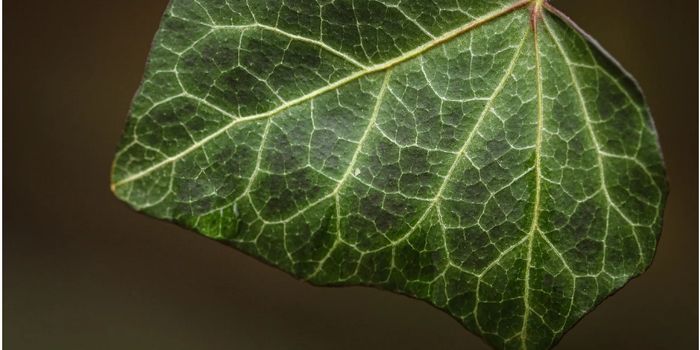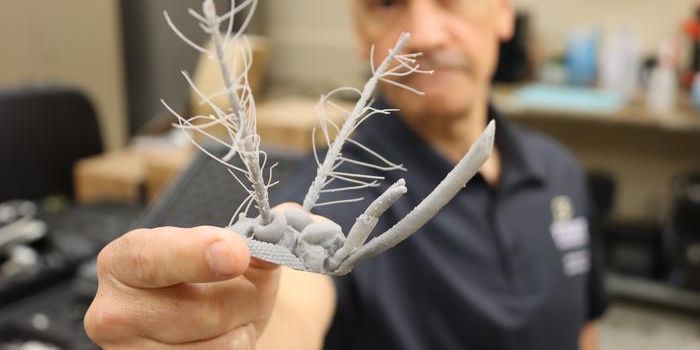Farmers Are Keeping Geese Away With Laser-Powered Scarecrow Systems
Farmers from Canada now have a new self-defense mechanism against the geese that are trying to destroy their wheat and grain-based crops.

Although the traditional method of keeping birds away is to steak a spooky scarecrow in the ground, modern farmers are turning to a much more modern type of technology to keep geese at bay: lasers.
Using a special laser system that sweeps the entire crop field at night, the bright light rays act as deterrents that prevent geese from landing on the crop field and pecking at valuable crops.
The system was built by six engineering students from the University of Victoria on Canada’s Vancouver Island. Some of the students are also farmers, which means that they’re not only developing a technology for themselves, but they may be onto something that other farmers could take advantage of too.
"Geese are very effectively scared by lasers, especially green lasers, even at very low power levels," says Peter Rashleigh, one of the engineering students. "What we've done is created a device that automatically moves that laser beam across a specified target area — in this case, your field — at regular intervals all night long."
The lasers aren’t high-power, and are reportedly no more intense than any hand-held laser you can get at the store. On the other hand, there are safeguards that reportedly keep the lasers from shining high into the skies and blinding aircraft pilots.
Geese populations in the area are growing, and this means that they’re expanding their territory, some of which belongs to farmers. Some farmers go as far as to say that they’re “out of control” and need some kind of limitation imposed on them to protect valuable crops.
"Especially crops like wheat and barley," Rashleigh continued. "They sit there all night and sort of chew away at it, and they can do significant damage to the crop. I think people are ready for some sort of solution. Everybody knows we've got a problem and I'm hopeful that this might contribute to solving it."
Such technology could become popular among farmers across the region. It appears to be an effective way of keeping the geese away from the crops. More testing is needed before it’s ready to be sold to the public market.
Source: BBC, CBC








